

— Products —
 Consumer hotline +8618073152920
Consumer hotline +8618073152920 WhatsApp:+8615367865107
Address:Room 102, District D, Houhu Industrial Park, Yuelu District, Changsha City, Hunan Province, China
All products
Sensors for soil moisture are devices used to measure the moisture content in soil. They are essential tools in agriculture, horticulture, environmental monitoring and research applications. Soil moisture sensors can be integrated into automated irrigation systems, weather stations, data loggers and remote monitoring networks to optimise irrigation schedules, assess drought conditions and improve crop management practices. They help farmers and researchers make informed decis···
Tel/WhatsApp:+8615367865107
Email:Arvin@niubol.com +Nearly 100 partner companies in more than 68 countries. We are committed to providing high-quality, practical products to meet your needs and help you solve problems. Our products comply with international standards and are certified with ISO, CE and RoHS.Product Details
Sensors for soil moisture are devices used to measure the moisture content in soil. They are essential tools in agriculture, horticulture, environmental monitoring and research applications. Soil moisture sensors can be integrated into automated irrigation systems, weather stations, data loggers and remote monitoring networks to optimise irrigation schedules, assess drought conditions and improve crop management practices. They help farmers and researchers make informed decisions about water use, plant health and soil conservation.
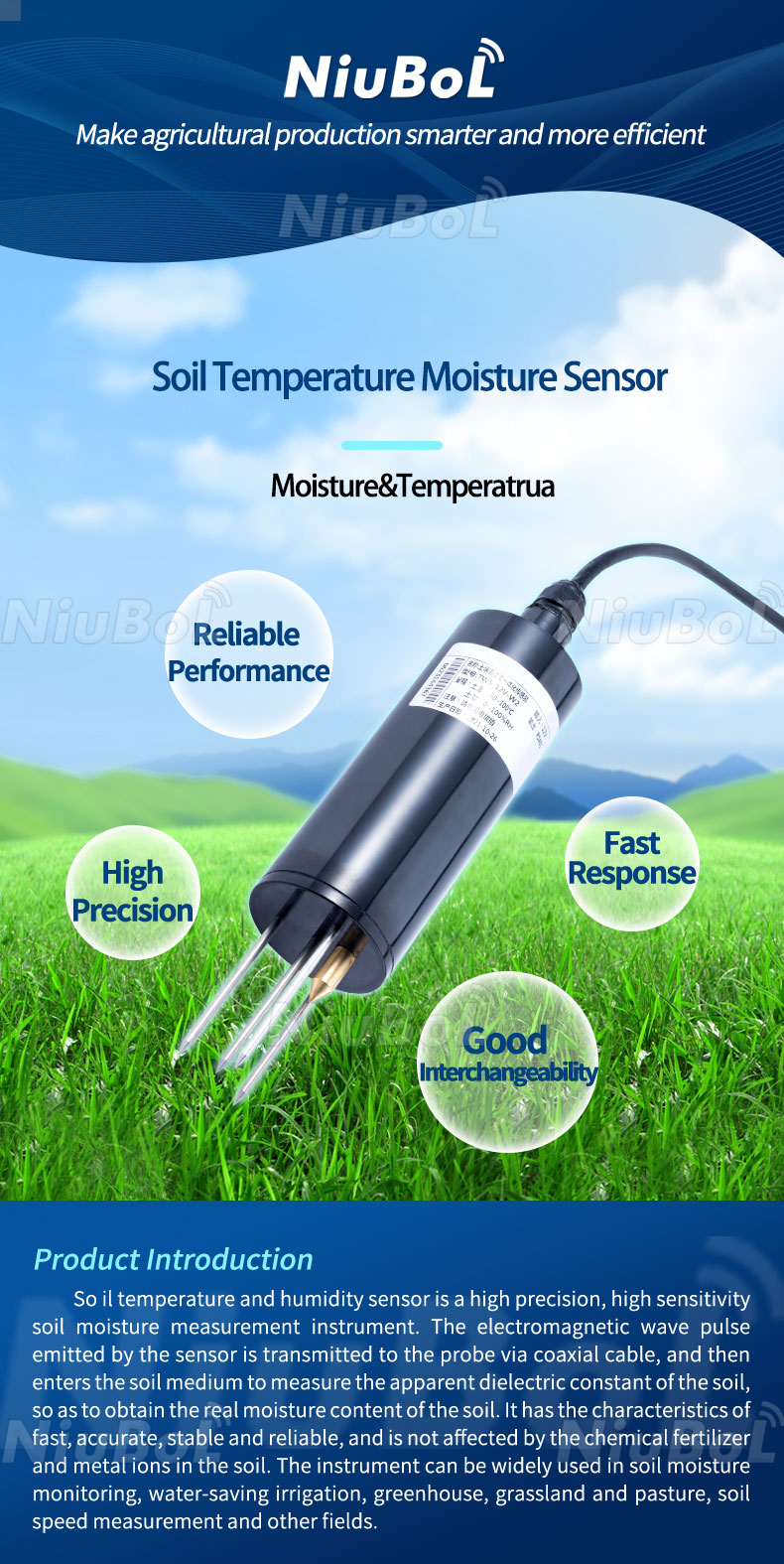
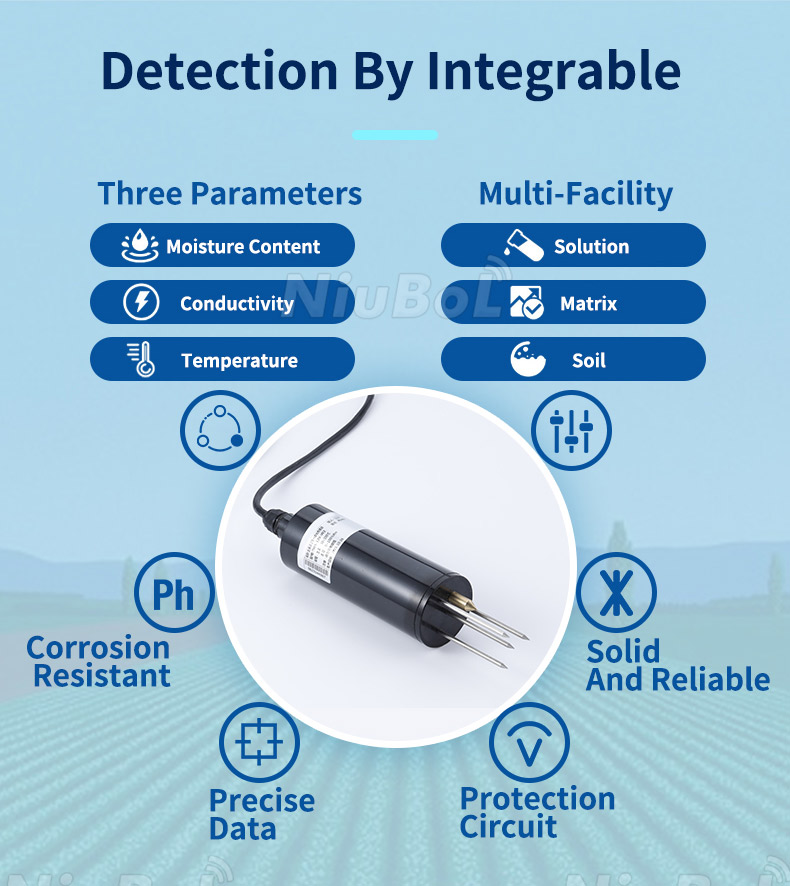
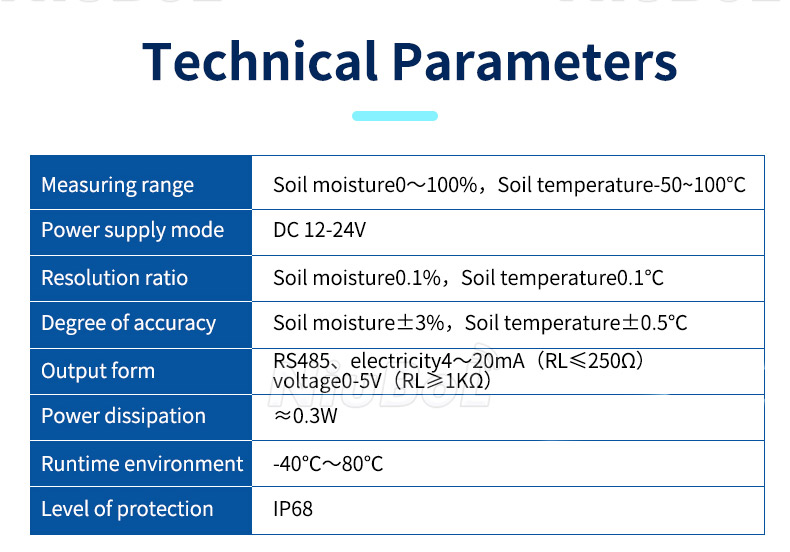
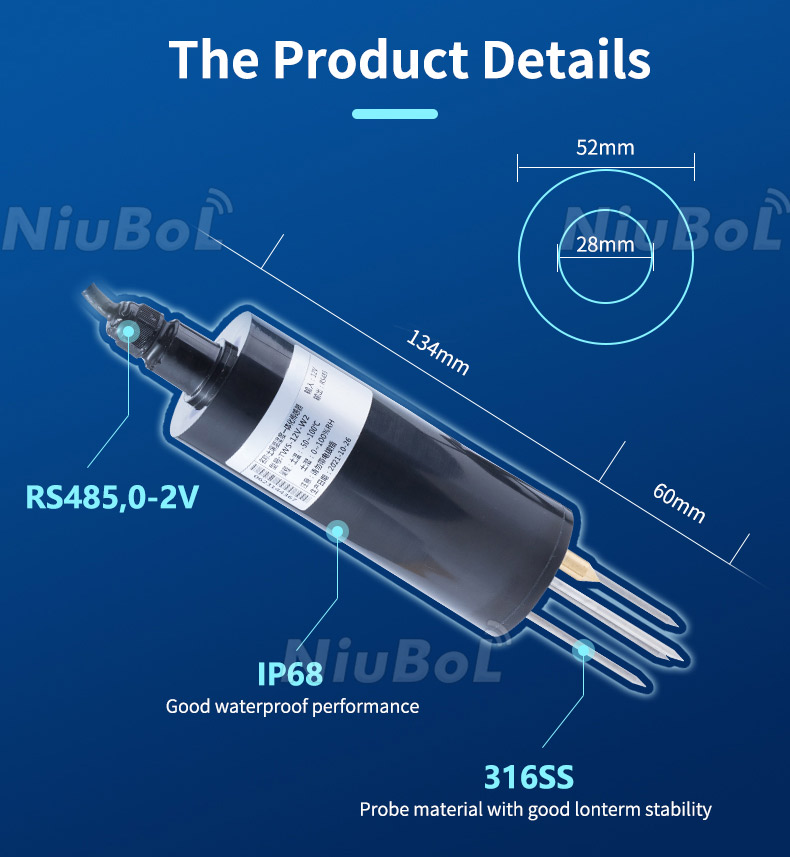
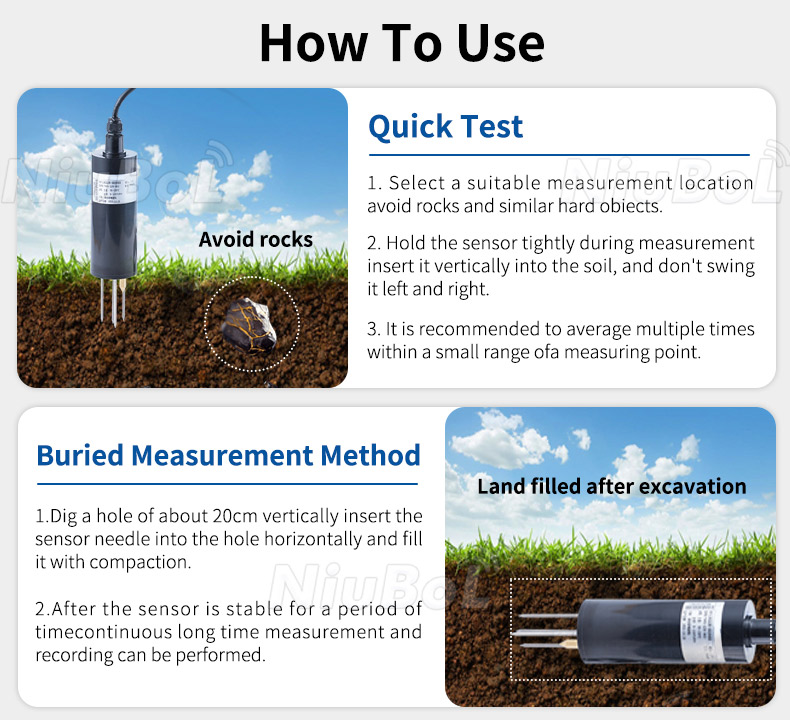
There are several types of Sensor for soil moisture, each with its own measurement method:
1. Capacitance sensors:Capacitance sensors measure soil moisture by determining the soil's dielectric constant, which varies with water content. They consist of probes inserted into the soil and electrodes that measure the capacitance between the probes. As the soil moisture increases, the capacitance increases.
2. Resistance sensors:Resistance sensors, also known as gypsum block sensors or resistance sensors, measure soil moisture by evaluating the resistance between two electrodes embedded in the soil. As soil moisture increases, the conductivity between the electrodes increases and the resistance decreases.
3. Time Domain Reflectance (TDR) Sensors:TDR sensors measure soil moisture by sending an electromagnetic pulse into the soil and measuring the time it takes for the pulse to reflect back. Soil moisture affects the electrical conductivity of the soil, which changes the travel time of the pulse.The TDR sensor converts this travel time into a soil moisture reading.
4.Soil Water Potential Sensors:These sensors measure the potential energy of soil water, which is related to its water content. They can provide information on the uptake of soil water by plants.
5. Tensiometers:Tensiometers measure soil moisture by monitoring the water tension or suction in the soil. They consist of a porous ceramic cup connected to a tube filled with water. As soil moisture decreases, water is withdrawn from the tensiometer causing the water level in the tube to drop. The depth of the water column indicates the moisture level of the soil.
6. FDR (Frequency Domain Reflectometry) is a technique used to measure soil moisture and belongs to one of the types of soil moisture sensors.FDR sensors utilise the principle of Frequency Domain Reflectometry (FDR) to determine soil moisture by measuring the speed at which an electromagnetic wave travels through the soil and the intensity of the reflection.
FDR sensors typically have high accuracy and stability, can be used in different types of soils, and are less dependent on soil type and salinity. Therefore, FDR sensors are widely used in agriculture, environmental monitoring and scientific research.
Soil moisture sensors can be portable or installed as permanent fixtures in the field. They can also be integrated into precision agriculture systems that use data from the sensors to make informed decisions about irrigation, fertiliser application and other agricultural practices.
Soil moisture sensors have an important role and value in agriculture and environmental monitoring in the following areas:
1. water-saving irrigation management: by monitoring soil moisture, farmers and horticulturists can make precise irrigation plans based on real-time data to avoid over-irrigation or water shortages, thus saving water and energy.
2. Optimise plant growth conditions: Soil moisture is one of the most important factors affecting plant growth. By monitoring soil moisture, the amount and frequency of irrigation can be adjusted in a timely manner to provide optimal growing conditions for plants and promote crop growth and development.
3. Prevention of soil erosion and salinisation: Reasonable soil moisture management can help prevent soil erosion and salinisation. Maintaining proper soil moisture levels can reduce water loss from the soil surface and soil salt accumulation, protecting soil quality and the ecological environment.
4. Improve crop yield and quality: Soil moisture directly affects crop growth rate, nutrient uptake and yield. By precisely controlling soil moisture, the growth potential of crops can be maximised, and yields and quality can be improved.
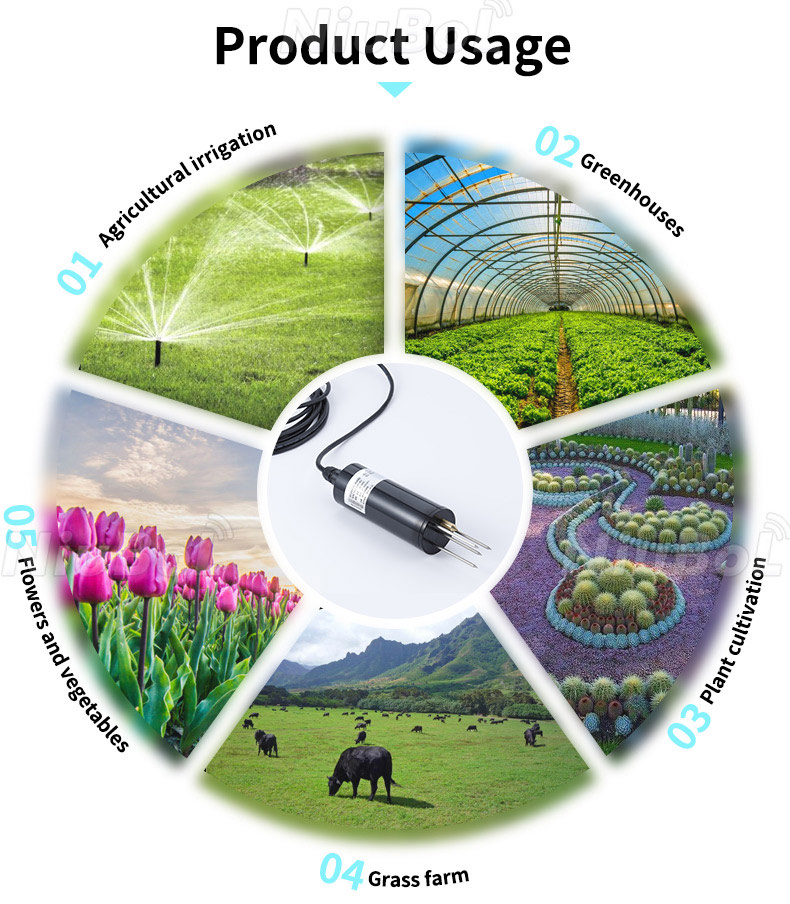
5. Soil environment monitoring and protection: Soil moisture is one of the most important indicators for assessing the condition of the soil environment. Through long-term monitoring of soil moisture, we can understand the trend of soil environment, discover soil pollution or other environmental problems in time, and provide scientific basis for soil environmental protection.
6. Prevention of droughts and floods: soil moisture sensors can monitor the dynamic changes in soil moisture and detect signs of drought or flooding in time. This is important for the prevention of natural disasters and mitigation of disaster losses, especially in drought- and flood-prone areas is more important.
7. Scientific research and teaching applications: soil moisture sensor in soil science, ecology, agricultural science and other scientific research areas have a wide range of application value. It can help researchers study the movement law of soil moisture, crop-soil moisture interaction and other issues, providing data support for research in related fields. At the same time, it can also be used in teaching experiments to help students understand the measurement methods and principles of soil moisture.
8.Intelligent agricultural management: with the development of IOT technology, soil moisture sensor has become an important part of intelligent agricultural management system. Through the connection with other sensors and equipment, it can achieve automation and intelligent management of agricultural production, and improve the efficiency of agricultural production and management level.
In summary, soil moisture sensors play an important role in agricultural production, environmental protection, scientific research and teaching and other fields, and their value is not only reflected in improving the efficiency and quality of agricultural production and improving the protection of soil and ecological environment, and realising the effective use of water resources, but also in promoting the modernization of agriculture and intelligent development.
NBL-S-THR-Soil-temperature-and-moisture-sensors-Instruction-Manual-V4.0.pdf
Sensors & Weather Stations Catalog
Agriculture Sensors and Weather Stations Catalog-NiuBoL.pdf
Weather Stations Catalog-NiuBoL.pdf
Related recommendations
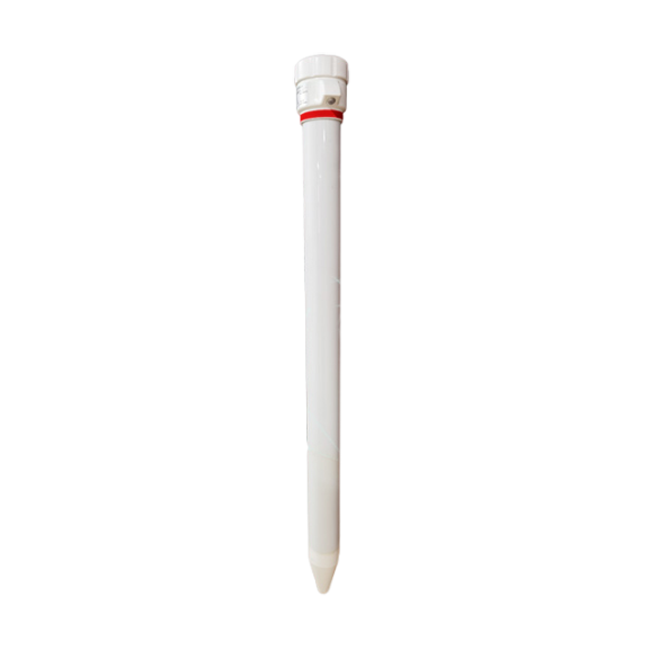 Multi-Depth Soil Sensor RS485
Multi-Depth Soil Sensor RS485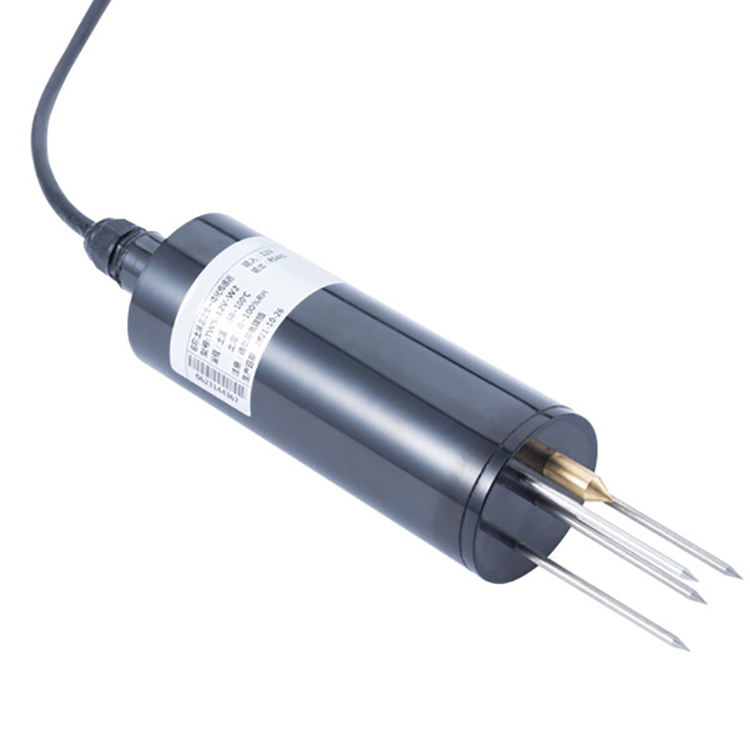 TDR Soil Moisture Sensor
TDR Soil Moisture Sensor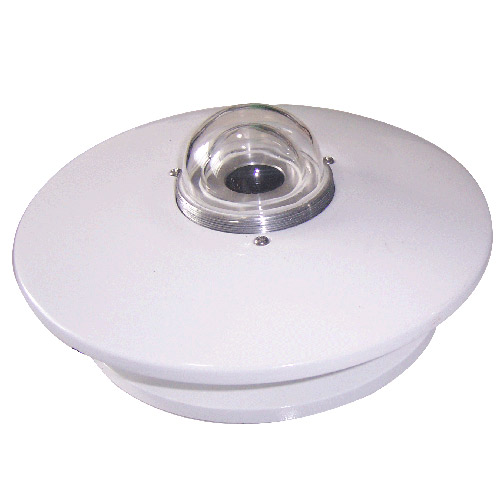 Pyranometer Solar Radiation Sensors
Pyranometer Solar Radiation Sensors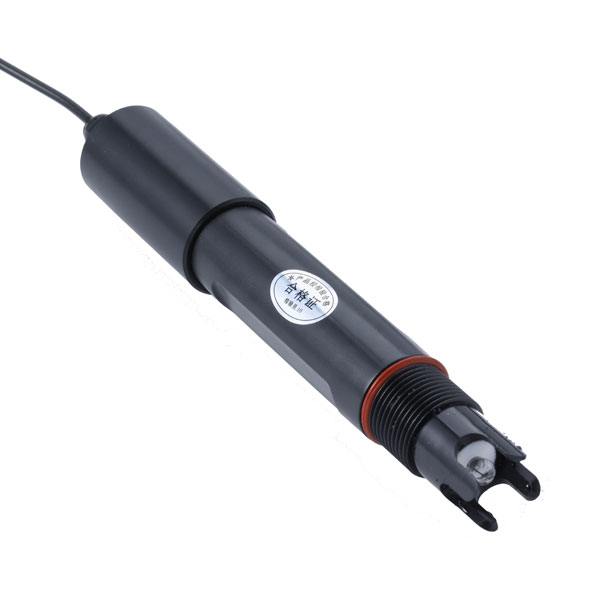 Soil ph sensor
Soil ph sensor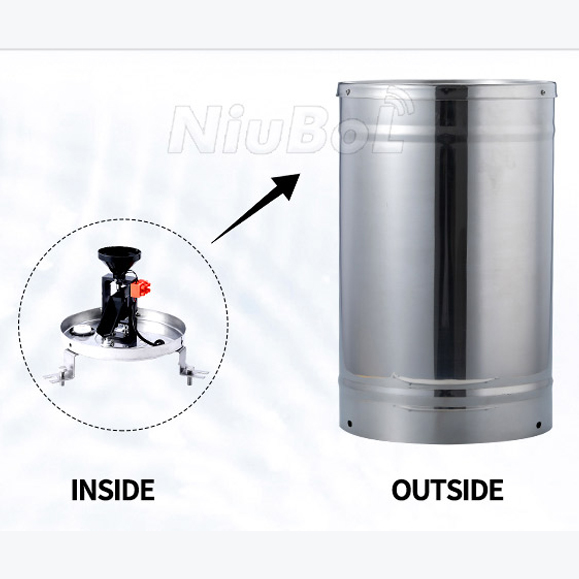 Tipping Bucket Rain Gauge
Tipping Bucket Rain Gauge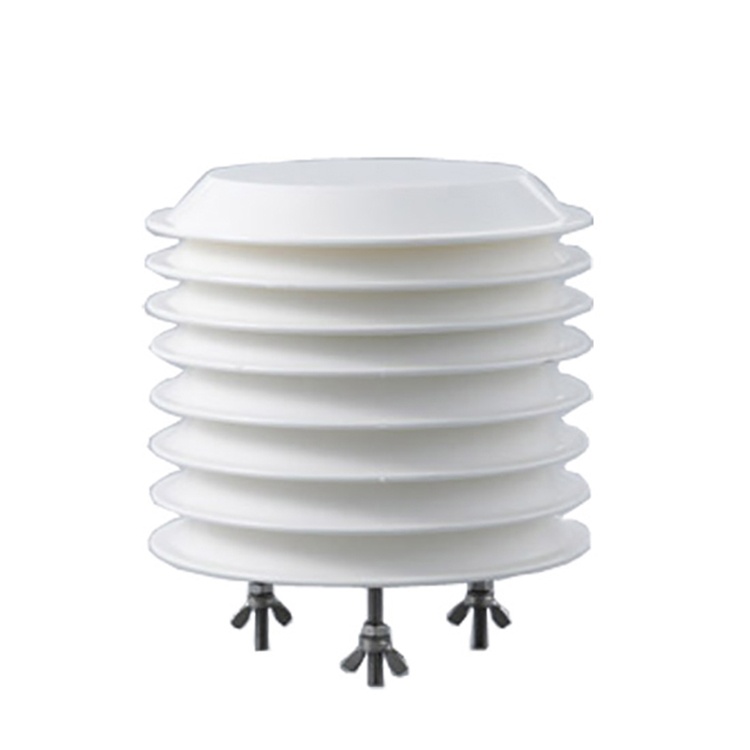 Air Temperature and Humidity Sensor
Air Temperature and Humidity Sensor
Screenshot, WhatsApp to identify the QR code
WhatsApp number:+8615367865107
(Click on WhatsApp to copy and add friends)
